Driftless Region
Our Driftless Region Hub is anchored by the University of Wisconsin-Platteville’s School of Education.
University of Wisconsin-Platteville is a national leader in training the next generation of rural teacher-leaders in place-based education, sustainability, community engagement, and diversity, equity, and inclusion. Dr. Tim Buttles at The School of Education at University of Wisconsin-Platteville heads up the Driftless Region Hub.
The successful preparation of future educators has been a longstanding strength of our Driftless Hub partners at the University of Wisconsin-Platteville School of Education. The university graduates an average of 120 students per year in education, with 80 percent of the graduates teaching in rural communities. Recently, the faculty launched a new rural-focused K-through-9 licensure program.
At the Platteville School of Education, curriculum reflects an integrated, place-based, and rural-centric approach. Rural Schools Collaborative was pleased to support a portion of this work through the 2021 Catalyst Initiative, which awarded a $25,000 planning grant to support UWP’s rural teacher preparation efforts. The UWP team aspires to create excellent, rural-ready leaders who go out into the field of education become rural teachers and community leaders.
With a particular emphasis on place-based practices, professional flexibility, equity and inclusivity, and social justice, graduates of this program critically engaged on the realities of living and teaching in a rural area. This includes a curriculum designed to create asset-based thinking, countering negative stereotypes of small towns, and recently the intentional recruitment of spanish-speaking teaching candidates. Learn more about teachers, students, and schools of the Driftless Area below:
Grants in Place Feature
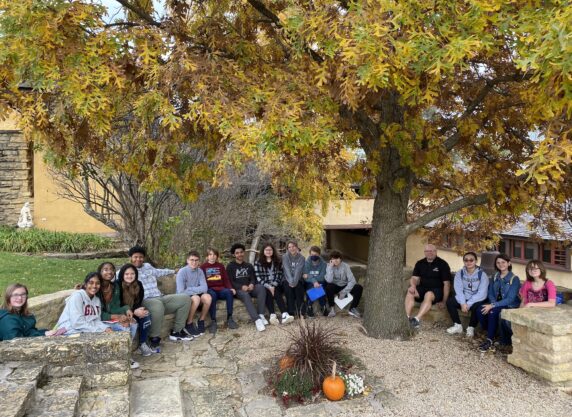
Experiential Learning in the Driftless
Jay Gesin, a ROOTed in Place grant recipient, engages his students in place-based education through a project he calls “Experiential Learning in the Driftless”.
As a recipient of the Compeer Financial General Use Grant, Rural Schools Collaborative granted three rural teachers in Compeer Financial’s service region to engage their students in agricultural themed place-based education projects during the 2023-24 school year.
With his award, Jay Gesin was excited to engage his students in their community and environment by using local resources and partnerships to encourage a deep sense of connection to their surroundings.
Learn more about Jay's ProjectMore news and stories from our Driftless Region Regional Hub:
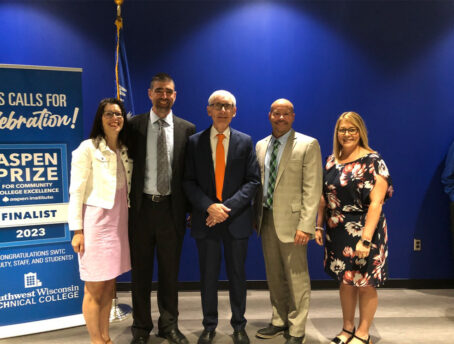
Creating a ‘Grow Your Own’ Consortium in Rural Wisconsin
A local principal has activated an organic Grow Your Own educator preparation pipeline consortium that aims to recruit and prepare individuals, starting from high school students all the way through career changers, to work as educators in their local communities.
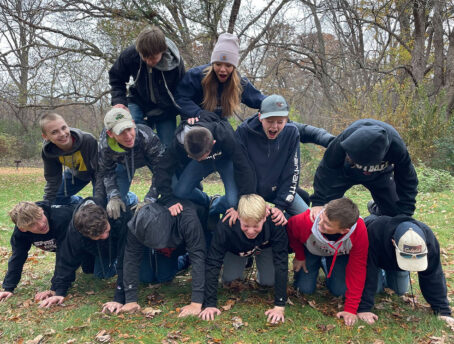
ROOTed in Place Project Spotlight: Place & Community Based Learning in Spring Grove, MN
Through state park adventures, farm partnerships and play & documentary initiatives Assistant Superintendent, Gina Morken, is creating a holistic approach that integrates academic learning, community engagement, and a celebration of rural identity.
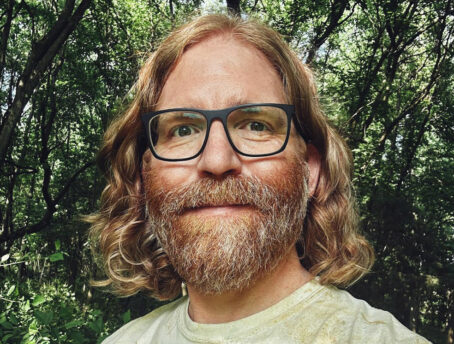
Teacher Profile: Skylar Primm - Cambridge, WI
Student-centered learning is a journey to empowerment at Koshkonong Trails School. Learn about Skylar Primm’s path to becoming lead teacher at KTS and how he practices place-based learning.
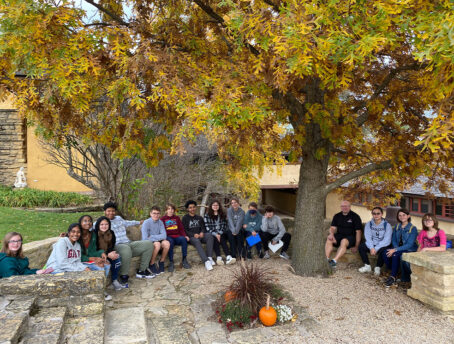
ROOTed in Place Project Spotlight: Experiential Learning in the Driftless
The RSC Team joined ROOTed in Place teacher grantee, Jay Gesin and his 8th grade students of Platteville Middle School, at the Taliesin UNESCO World Heritage site in Spring Green, WI.
